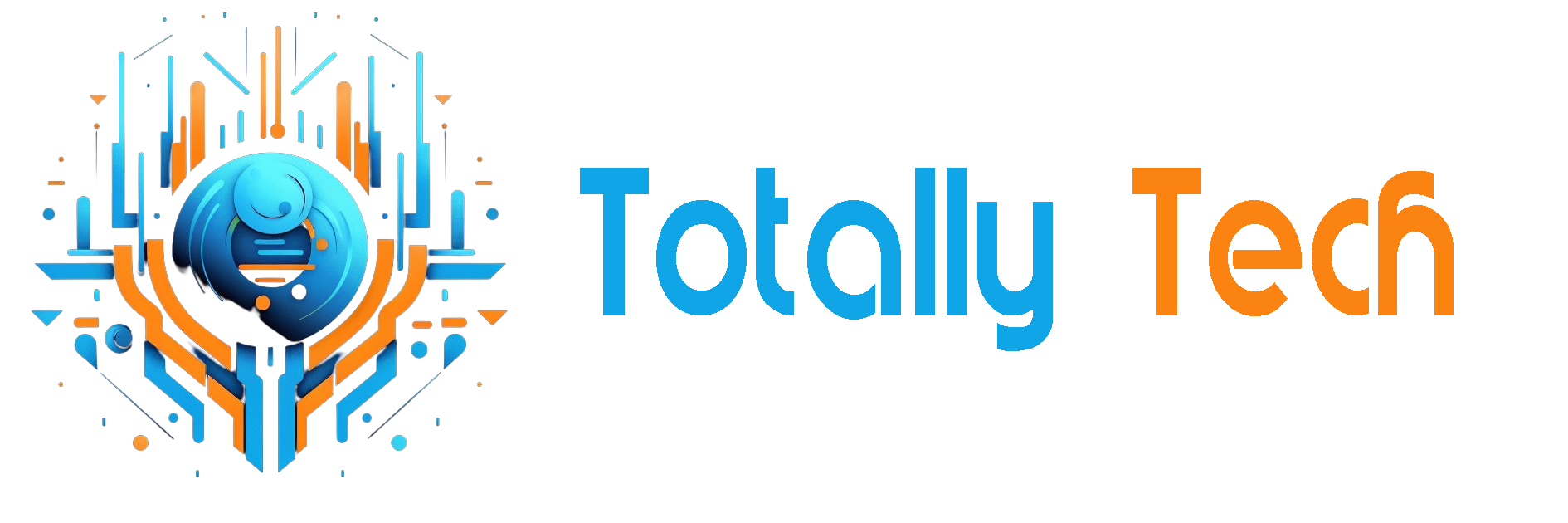
Mauricio Vergara, CEO and Co-Founder of Kapwork, oversees the company’s operations, sales, and marketing. As a former small business owner, he experienced firsthand the strain that late payments place on growing companies. Later, during his time at Google and Unity, he saw how delayed payments negatively affected creators, stalling their ability to scale. Motivated to find a better solution, he began exploring the space—quickly realizing how limited the funding options are for small businesses and how challenging it is for funders to support them effectively.
This led to the creation of Kapwork, a platform that simplifies revenue-based financing by connecting businesses with capital providers through a transparent and frictionless experience. Designed to support the next generation of entrepreneurs, Kapwork helps businesses grow on their terms by turning future revenue into immediate funding.
What inspired you to start Kapwork, and how did your personal experience as a small business owner in Colombia shape your vision for transforming the factoring industry?
I used to run a restaurant and a catering business in Colombia. To this day, I remember when the first customer walked through the door and thinking to myself, “she is here because I have something to offer. Something that adds value.” It was such a surreal experience that I later validated at Google.
Working directly with app and game developers, I realized how much I loved helping people who can create something where nothing was before. Developers, like SMB owners, are the craftsmen and women of the modern age, and for me, there is nothing more satisfying than helping those who create value, generate wealth. That is why I started Kapwork with Pete Thomas. There was a whole sector, critical to our economy, that had been largely ignored by technology. AI has unlocked so much opportunity for transformation, why leave any frontier behind? It’s such a dense problem, and I was drawn to finally try my hand at building a company from the ground up. As Peter Thiel puts it in Zero to One: “A startup is the largest endeavor over which you can have definite mastery”.
You’ve described invoice factoring as a lifeline for small businesses. What does that lifeline look like today, and how is Kapwork reshaping it?
Cashflow is the lifeline for small businesses and without Factoring providing it for them, many of these companies would simply go out of business. In B2B it’s customary to see stretched out payment terms of 30 to 90 days outstanding. Imagine being at the mercy of large corporations waiting to get paid for services and products you’ve already delivered. Without Factoring providing the necessary working capital, these businesses can’t grow and in some cases, can even go out of business. Factoring has been around for more than 100 years to bridge these gaps, purchasing invoices and delivering capital–but it hasn’t scaled yet. It’s a highly manual, risky and time-intensive process for thousands of factors around the globe.
Kapwork was started to overhaul these operations; we’re putting AI and automation to work to accelerate workflows, reduce errors and scale more effectively. This means more money flowing to businesses. Factoring helps businesses thrive, and Kapwork helps those Factors and the small businesses who rely on them.
Kapwork’s platform includes a self-healing AI agent. Can you explain what that means in practical terms, and how it enhances the factoring process?
Kapwork functions by deploying agents across a huge number of vendor portals to pull and populate data. Traditionally, these types of automations are hard to build and really expensive to keep online, when something changes within the web portal, for example. In that case, the entire process creates more headaches than benefits, and throws reliability into question. We had to develop an approach to prevent this.
When we say that our AI agents are “self-healing,” we mean that when an existing Kapwork AI agent experiences a fatal error due to some new, external change that prevents it from achieving its goal, this same Agent can invoke an AI process to evaluate what changed and indicate how it needs to be modified or replaced to continue working again. This capability is what gives Kapwork our durability, we always retrieve the needed data. When our current approach breaks because a web site changed, we don’t go back and come up with a new approach, instead we let AI do that for us automatically.
What were the biggest technical hurdles in building an AI platform that integrates with 4,000+ vendor portals and financial systems?
The first big technical hurdle is that most Vendor Management Systems (VMS) do not provide APIs, so Kapwork AI Agents had to be designed to navigate the identical VMS interfaces that humans use. These interfaces can be unreliable when it comes to automating data retrieval, with some changing form and function every few months, so we really had to develop a robust error correction system in our agentic framework so Kapwork Agents remain durable despite the inherently unreliable environment and can seamlessly address errors as they notice them.
The second big technical hurdle is the fact that every VMS is different. Although debtors that use Ariba and Coupa generally offer the same user interface for data retrieval, thousands of other debtors in “the long tail” follow no interface standard and present the data funders need in all sorts of non-intuitive, cumbersome ways. To stay efficient, we had to develop an agentic AI system that can explore any portal it hasn’t seen before and quickly figure out where to get the required data and how to write a reliable program to get it.
Finally, the lack of APIs made determining responsible password management protocols to facilitate automation an incredibly challenging hurdle. Non-traditional finance is in general guilty of bad password hygiene. We often see multiple parties often sharing various account credentials to prove to each other that parties and counterparties are storing the right data in the right systems. So, when it comes to helping this industry automate data verification at scale, defining compliant security protocols and promoting best practices took a lot of research and discussions with operators working in the space today.
How does Kapwork use AI to verify invoices in seconds—something that used to take 1–2 days of manual effort?
Because Kapwork AI Agents work concurrently, for example, retrieving data from 20 portals simultaneously, we can verify invoice data at scale. The data can also then be populated automatically into a centralized dashboard for a comprehensive view of the pipeline. This is in contrast to most financial teams in the business of verification today, wherein one person can only log into one portal at a time, find the data they need, download it, log out, log back in for their next client, etc., and proceed to move onto the next VMS when they are finished with the first one. Until today, people were doing all this work by hand, in serial fashion, making their way through a large book of confirmations that can take a single person days to complete.
What kind of data validation or fraud detection capabilities does your AI system offer, and how do they compare with traditional approaches?
Regarding fraud detection today, Kapwork describes our unique capability as “anomaly detection.” We are not currently applying any specialized AI to this problem but instead leaning on the fact that the data aggregation by Kapwork AI Agents’ naturally builds up patterns of how two companies do business together, what the value ranges are for things like amount and due date, and whether there is always a purchase order associated with a receivable. As patterns establish over time, Kapwork can detect possible fraud by showing a recent transaction or set of transactions fall outside the range of what is considered “normal” business, and alert the customer. Much of this could be missed by the human eye and normal processes. It’s an area of exploration and we’re excited to do more here in the future.
What role does AI play in improving deal flow and conversion rates for invoice buyers on your platform?
A Factor typically needs one to three months to underwrite an invoice seller. During that time, the seller remains desperate for cash while the factor keeps their capital idle at the bank. Kapwork’s AI instantly verifies invoice data, pulling records directly from debtor systems and delivering a vetted “AP snapshot” that allows credit teams to approve or decline the receivables facility in days, not months. The system also allows factors to verify invoices from their existing customer base more frequently without assuming additional headcount, enabling them to deploy capital faster.
You’ve held leadership roles at Google and Unity. What lessons from Big Tech helped you when transitioning into startup life at Kapwork?
In three ways. It helped me realize that I didn’t want to spend more time watching paint dry, shaped me as a leader, and gave me the confidence to realize that I can always try and figure things out.
In the words of Marc Randolph, “everything is solvable if you’re willing to start and figure it out.” When I first worked at Google and Unity, I often felt impostor syndrome. Having come from a more humble background than my often IVY league colleagues, I used to doubt my worth but Google taught me that if I was there, it was for a reason. As I started to progress in my career, I gained the confidence to know that, even though I don’t know how to do something, all I need to do is start. With time, you can always figure it out.
Google also shaped me as a leader. It taught me that nothing scales faster than getting people behind a clear vision that they believe in. It also helped me understand what is needed to create a healthy environment where everyone can express their opinions without worry about retribution. Nothing helps a company grow faster than a smart team of proactive individuals rallied around a vision who are willing to challenge your thinking and commit.
Finally, Big Tech also helped me realise that I didn’t want to watch the paint dry any longer. There are so many hierarchies and embedded interests that it is always hard to challenge the status quo. The systems in place are designed to reduce risk and in some cases leads to employees being more preoccupied with signaling the good work they do than actually doing the work. I didn’t want that in my life anymore, especially when you see the world moving at the speed of light with all the recent developments in AI.
What’s your vision for how AI will further transform the financial services industry—particularly in underserved SMB segments?
Heterogeneity is good for society and bad for the lending industry. I find it fascinating how the diversity amongst small businesses makes it hard for them to find working capital solutions.
What literally makes SMBs special, makes it hard for them to grow. Just think about the diversity of SMBs. On one side, you have a family-owned hardware wholesaler and on the other, a boutique artisan bakery. Both are great in that they contribute uniquely, but the way these are run and operated is completely different. The variety of industries, financials, and business models makes it incredibly hard for lenders to make up their mind about them and for SMBs, to navigate the landscape. So how do you assess diverse businesses without a one size fits all approach? AI has been a tool to bridge that gap for a while but it was always cost prohibitive.
In my opinion, what is most interesting is that it finally makes economic sense to build solutions to tackle these challenges. More affordable AI will make it possible for the financial industry to build solutions for a highly fragmented and heterogenous SMB industry.
Thank you for the great interview, readers who wish to learn more should visit Kapwork.
The post Mauricio Vergara, CEO & Co-Founder of Kapwork – Interview Series appeared first on Unite.AI.


